This Week in History recalls memorable and decisive events and personalities of the past.
19th February 1674 – England and the Netherlands sign the Treaty of Westminster, ending the Third Anglo-Dutch War
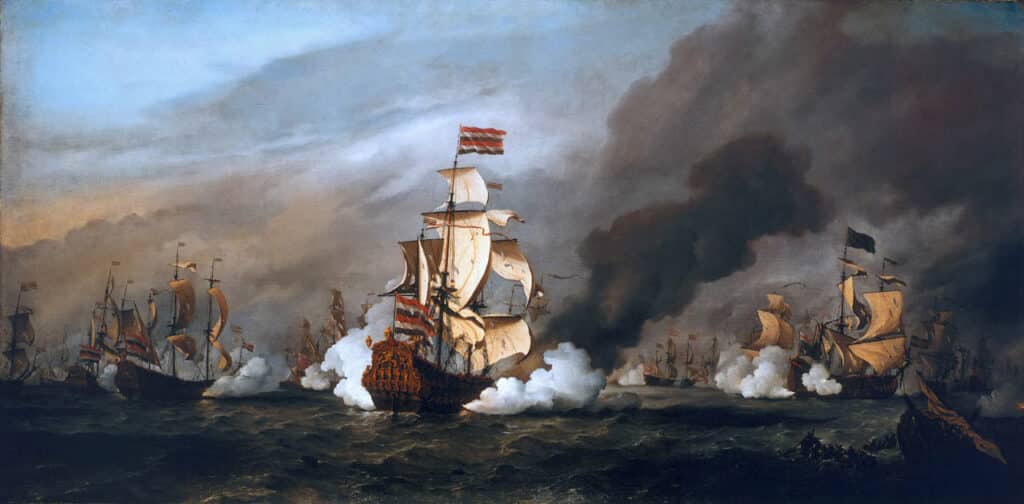
In the 17th century, the two great Protestant naval powers of the European world, the English and the Dutch, battled for supremacy over trade – and to see which had the greater navy. In the 16th century these two powers had been allies against the Austrian and Spanish Hapsburg Empire, which the Dutch had won their independence from during the 80 Years’ War. As the threat of the Hapsburgs faded, however, these former allies found themselves more in competition than in agreement.
Both were trade-focused nations at the cutting edge of naval and financial technology, and both were seeking new trade routes and colonies across the world.
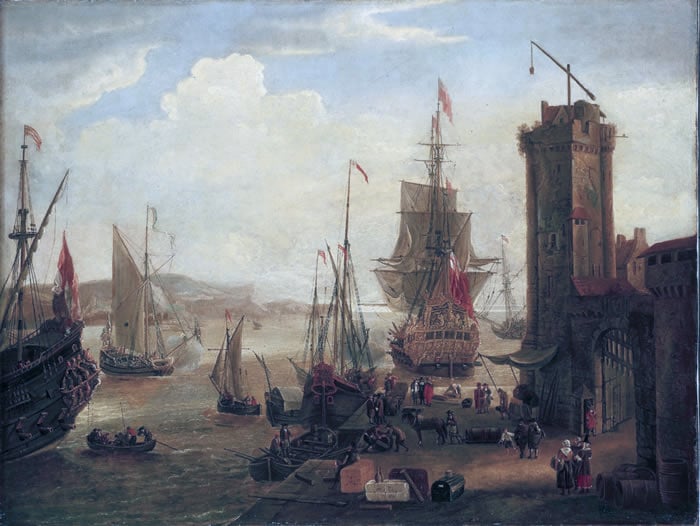
Added to this, the Dutch practised free trade – as compared to the English, whose economy was more heavily regulated – which saw them regularly outcompete the English, even in selling to their own colonies in the Americas.
The first major conflict was the First Anglo-Dutch War between 1652 and 1654, with the English carrying out attacks on Dutch merchant shipping on the orders of the military dictator Oliver Cromwell, who at the time ruled the ‘Commonwealth of England’.
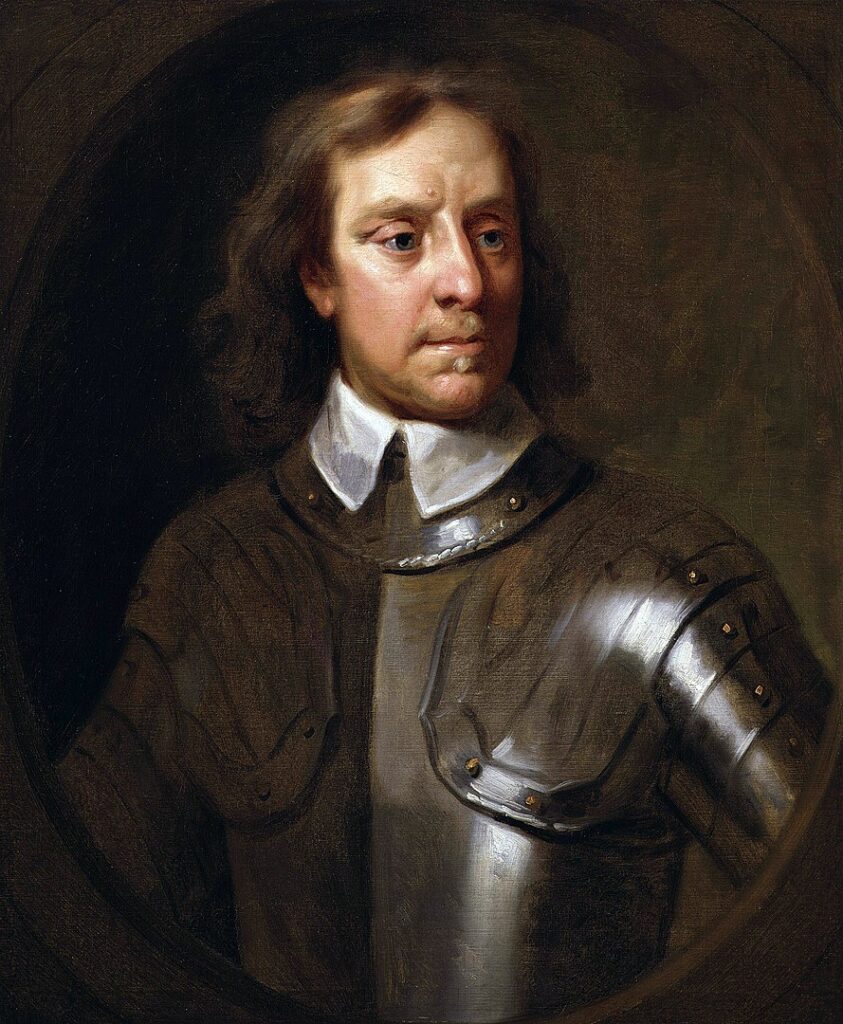
The Dutch had supported the king during the English Civil War. Now that Cromwell and the Parliamentarians had secured victory, they sought to take revenge on the Dutch.

The English had more victories in the naval battles of the war, but the Dutch were more strategically adept. Thus, the war ended in with a modest English victory, with England managing to block the House of Orange, the ruling family of the Netherlands, from being reappointed as Stadtholders of the Dutch Republic.
Competition between the two nations was far from being resolved, however, and conflict on a small scale would continue across the world between English and Dutch merchants for the next 10 years.
War would break out between the two powers again in 1665.
In the intervening years, Cromwell had died, and the British had restored their monarchy by placing Charles II on the English, Scottish and Irish thrones.

On coming to the throne, Charles had tried to pursue better relations with the Dutch, but court politics gradually convinced the king that the Dutch were in fact a greater enemy than England’s traditional rival, France. Charles therefore strengthened relations with the French, and the two nations headed to war again.
Once more, the English won the greater part of the naval engagements, yet failed to destroy the Dutch fleet. Soon, the English soon began to face money troubles. In the third year of the war, the Dutch carried out a skillful raid in Kent, destroying a large number of English ships.
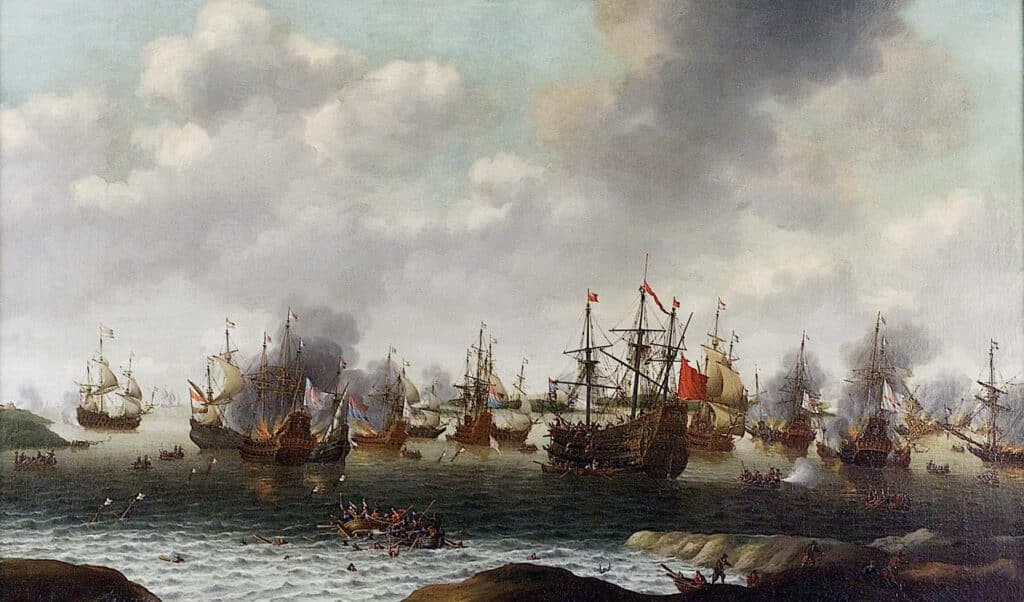
Soon after, in July of 1667, the deeply humiliated English would sign the Treaty of Breda. The Dutch were eager to make peace, as the French were beginning to threaten them on land, and they knew they would be unable to fight both England and France on land and sea.
The Treaty of Breda saw the English recognise the Dutch colony of Suriname and the Dutch recognise English control of the former Dutch colony of New Netherland, which claimed territories in the modern American states of New York, New Jersey, Pennsylvania, Massachusetts, Connecticut and Delaware.
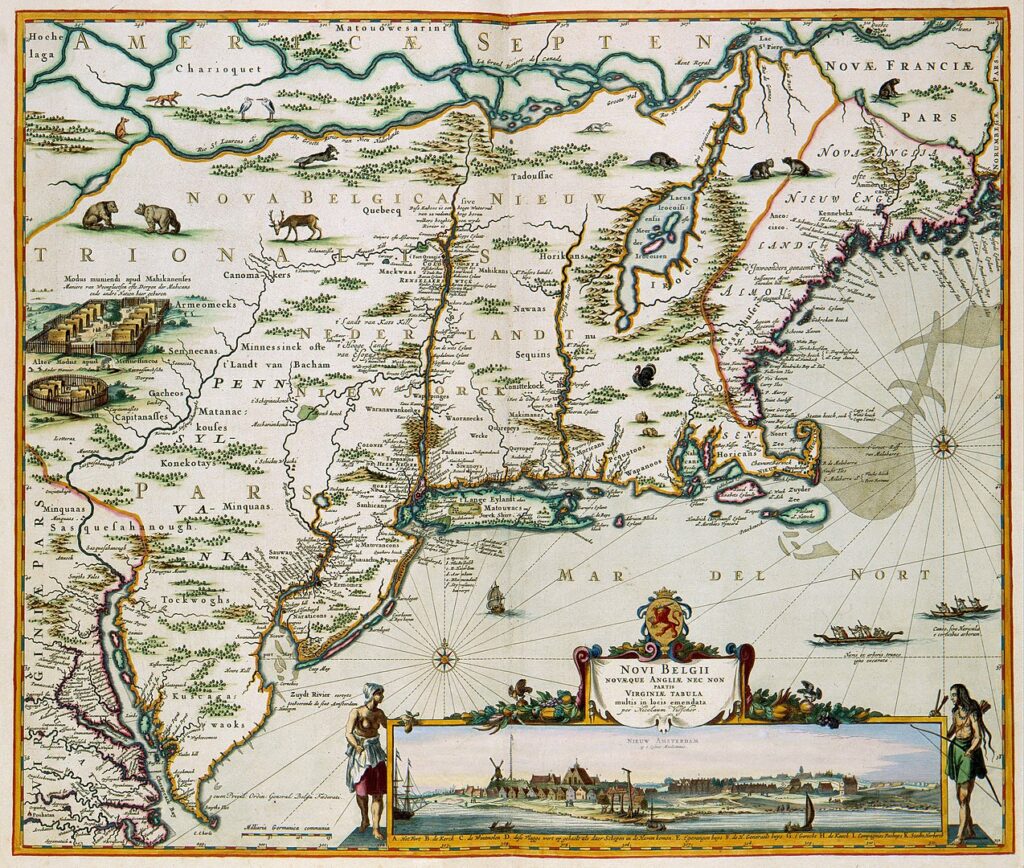
The treaty also called for a military alliance between the English and Dutch and would see the Swedes unite with the English and Dutch in the so-called Triple Alliance. The treaty also resolved some of the tariff disputes and greatly eased commercial tensions between the two sides.
Public enthusiasm for further war with the Dutch quickly faded in England after their defeat. With some of the commercial disputes ended, however, Charles II signed a secret treaty with France in 1670 which promised English aid in the event of a French invasion of the Netherlands.
In 1672 the French attacked the Dutch and quickly advanced, before being stopped by the Dutch flooding their land.
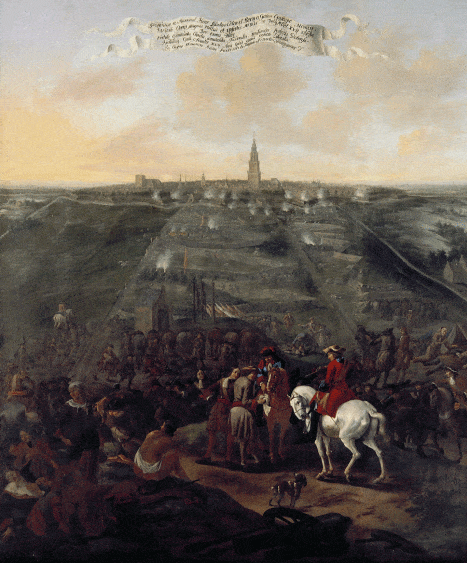
This saw the French call on England for naval support; the rebuilt English navy moved to support the French at sea. Despute the Dutch having the largest navy in Europe in 1672, the British and French outnumbered them. However, the French navy was of poor quality and the English and French, due to their long rivalry, cooperated poorly. This allowed the Dutch to score a number of key naval battles and prevent a French naval invasion.
With the war going poorly for the English and with the English public tired of war with the Dutch, Parliament forced the King to seek peace with the Dutch, and, in 1674, sign the Treaty of Westminster.
This new treaty of 1674 reconfirmed many of the provisions of the Treaty of Breda. It also included an agreement that the Dutch pay England compensation for the loss of French funding.
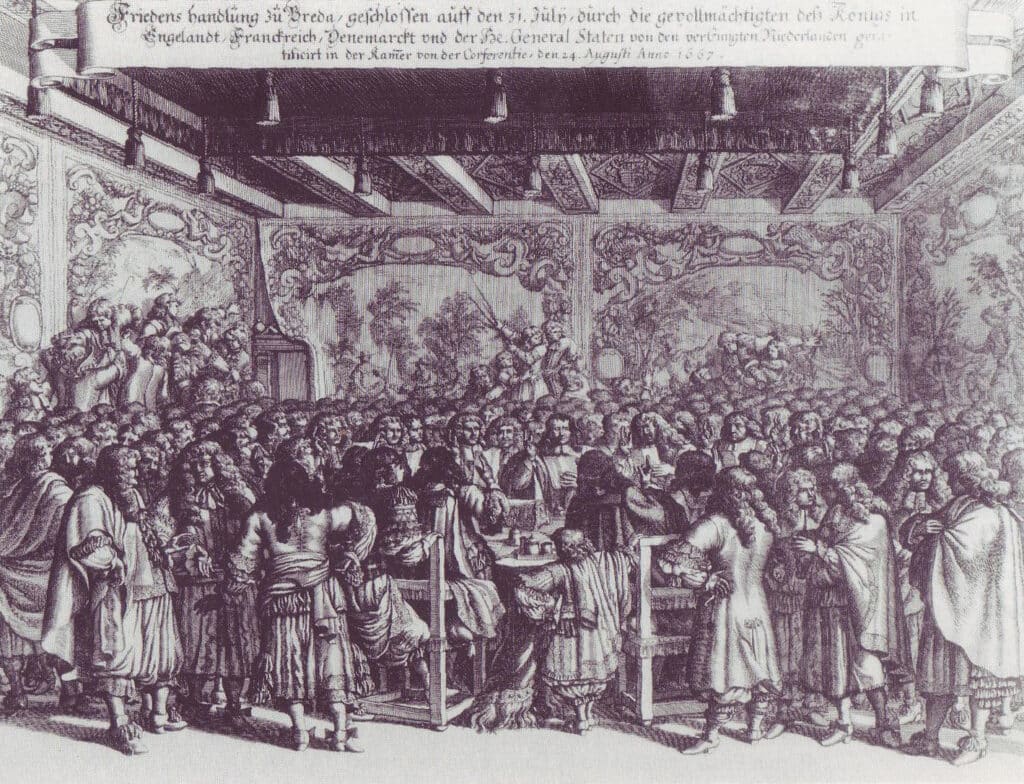
The treaty would also confirm that the colony of New Netherland, which the Dutch had recaptured in 1673, would be returned to England. This would form the core of what would later be the United States.
If you like what you have just read, support the Daily Friend

